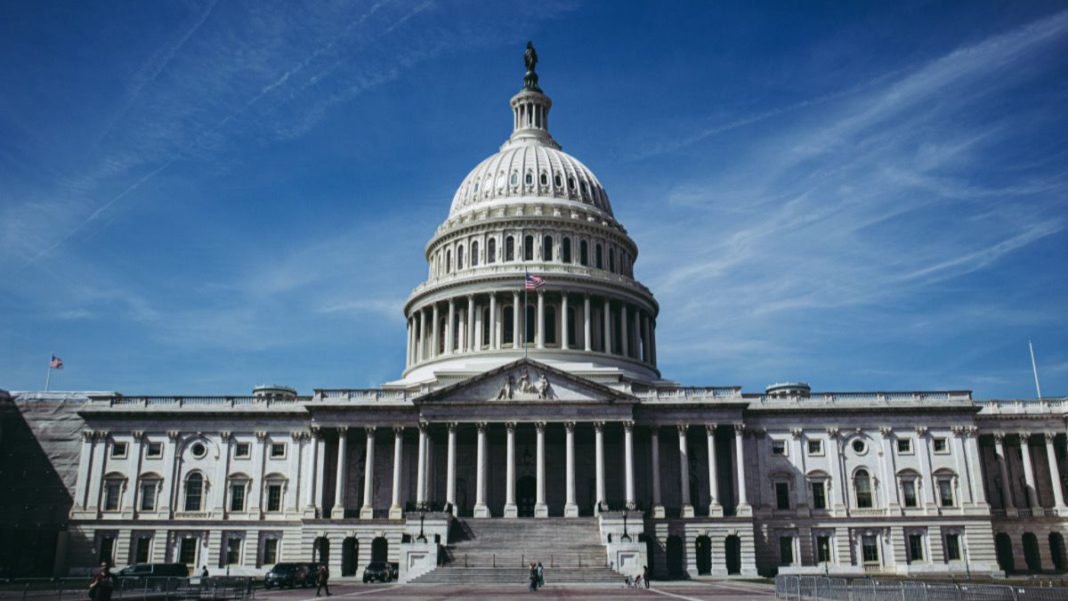UNITED STATES: On Friday, staunch Republicans in the U.S. House of Representatives rebuffed a proposal from their leader to temporarily finance the government, making it all but certain that federal agencies will partially shut down starting on Sunday.
By a vote of 232–198, the House overthrew a measure to extend government funding for 30 days and prevent a shutdown. This proposed bill included spending cuts, immigration limitations, and Republican preferences but faced slim odds of approval in the Democrat-controlled Senate.
The outcome of the vote has put Republicans, who hold a 221-212 majority in the chamber, in a challenging position without a clear plan to prevent a shutdown. If funding is not extended beyond 12:01 a.m. ET (0401 GMT) on Sunday, it could lead to the closure of national parks, disrupt the pay of nearly 4 million federal workers, and impact various critical functions, from financial oversight to scientific research.
Following the vote, House Speaker Kevin McCarthy suggested that the chamber might consider passing a funding extension without the inclusion of conservative policies that had previously created division with Democrats. However, he did not specify the exact course of action. More votes are anticipated in the chamber on Saturday.
“It’s only a failure if you quit,” he told journalists.
The Senate’s response and timing were uncertain as well. On Saturday afternoon, the Senate was scheduled to consider a bipartisan bill that aimed to fund the government until November 17. However, there were potential procedural obstacles that might postpone the final vote until Tuesday.
U.S. Treasury Secretary Janet Yellen stated on Friday that a government shutdown could “undermine” U.S. economic advancement by idling programmes for small businesses and children and potentially causing delays in significant infrastructure improvements.
The potential shutdown would mark the fourth occurrence in a decade and comes merely four months after a similar standoff nearly pushed the federal government to the brink of defaulting on its $31 trillion debt. This repeated pattern of brinkmanship has raised concerns on Wall Street, with Moody’s ratings agency cautioning that it could harm the United States’ creditworthiness.
President Biden issued a warning about the potential toll on the armed forces.
“We can’t be playing politics while our troops stand in the breach. It’s an absolute dereliction of duty,” said Biden, a Democrat, during the retirement ceremony for Mark Milley, a senior general.
McCarthy had expected that the border-related provisions in the Republican spending bill would persuade those who had resisted previous attempts to avoid a shutdown.
Ultimately, 21 conservative House Republicans crossed party lines to join Democrats in defeating the proposal.
“There are members who don’t care whether the government stays open or shuts down. The ones that I believe are OK with a shutdown have never been through a shutdown,” Republican Representative Kat Cammack told journalists.
Holdouts argue that Congress should prioritise crafting comprehensive spending bills covering the entire fiscal year instead of relying on temporary extensions, even if it results in a shutdown. Although the House has passed four such full-year bills, they have little chance of gaining Senate approval.
Some Republicans have acknowledged the necessity of collaborating with Democrats to pass a temporary bill that could gain the Senate and Biden’s approval. “Some people are missing the obvious,” noted Republican Representative Don Bacon.
McCarthy stated he was thinking about that strategy but would not accept the additional funding for Ukraine that Senators are including in their interim bill, as well as the additional aid that Biden has sought.
Former President Donald Trump, who is likely to be Biden’s opponent in the 2024 election, criticised Senate Republicans for cooperating with Democrats.
A few staunch conservatives, including Gaetz, have issued threats to remove McCarthy from his leadership position if he relies on Democratic votes.
“We’re in the middle of a Republican civil war that has been going on for months and now threatens a catastrophic government shutdown,” said Hakeem Jeffries, a top House Democrat.
In June, McCarthy and Biden reached an agreement that called for $1.59 trillion in agency spending in the 2024 fiscal year; however, conservatives such as Gaetz argue the amount ought to be $120 billion less. Since popular benefit programmes like Social Security and Medicare account for a larger share of the government’s $6.4 trillion budget, lawmakers are not considering cutting these programmes.
Also Read: Biden Plans Michigan Trip to Back Auto Strike, One Day Ahead of Trump’s Visit



